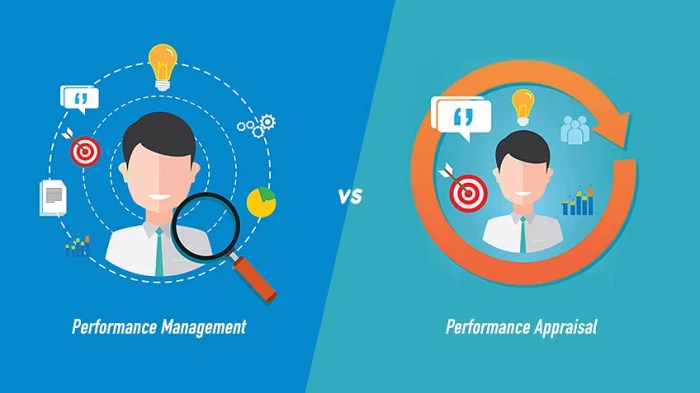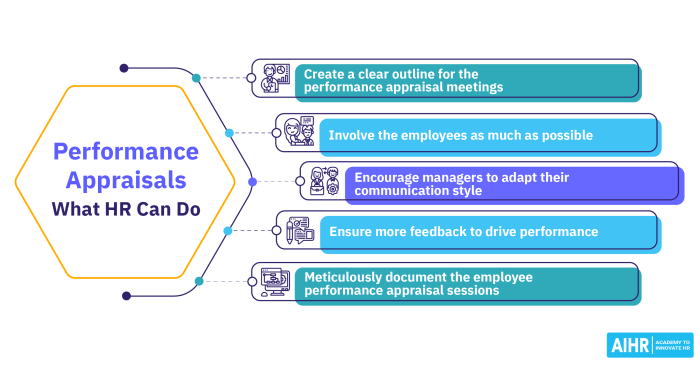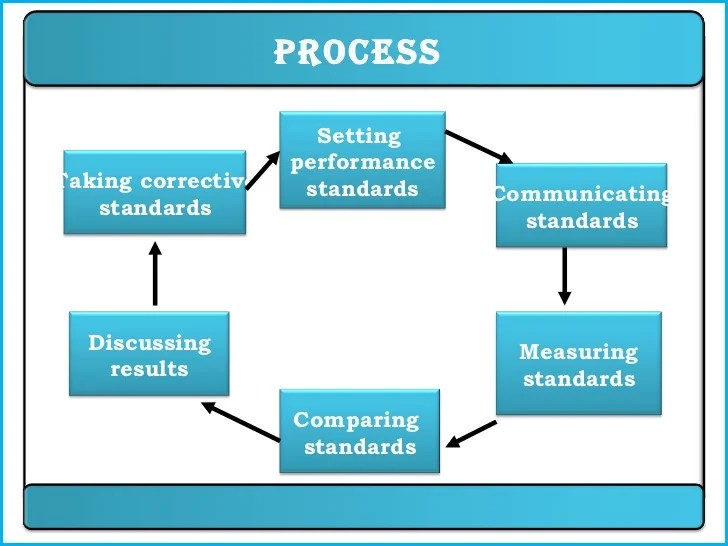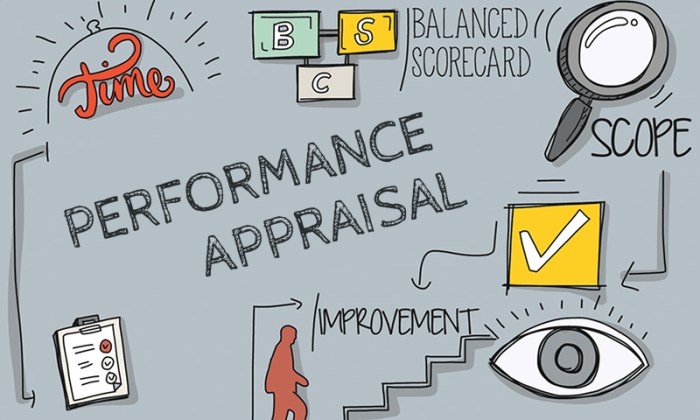Under which circumstance is appraisal politics most likely to occur? This question delves into the murky world of organizational politics, where performance evaluations become a battleground for power and personal agendas. Understanding the factors that contribute to appraisal politics is crucial for organizations seeking to create a fair and equitable work environment.
Appraisal politics, the manipulation of performance evaluations for personal gain, can have detrimental consequences for individuals and organizations alike. This insidious practice undermines trust, stifles innovation, and creates a toxic work culture. Identifying the circumstances that foster appraisal politics is the first step towards mitigating its harmful effects.
1. Appraisal Politics
Definition and Overview

Appraisal politics refers to the strategic manipulation of performance appraisal systems to gain personal advantage or influence organizational outcomes. It involves individuals using political tactics, such as forming alliances, engaging in impression management, and withholding information, to influence the appraisal process and its results.
Appraisal politics is a significant issue in organizational settings as it can lead to biased evaluations, undermine trust, and negatively impact employee morale and productivity. Examples of appraisal politics include:
- Managers inflating or deflating performance ratings to favor or punish employees based on personal biases or favoritism.
- Employees engaging in self-promotion and exaggerating their accomplishments to secure higher ratings.
- Subordinates withholding information or sabotaging colleagues’ projects to enhance their own performance evaluations.
The negative consequences of appraisal politics are far-reaching, including:
- Reduced employee motivation and job satisfaction.
- Inaccurate and biased performance assessments.
- Damage to organizational culture and trust.
- Increased employee turnover.
2. Factors Contributing to Appraisal Politics

Several organizational factors contribute to the prevalence of appraisal politics:
Lack of Clear Performance Standards
When performance expectations are vague or subjective, it provides opportunities for individuals to interpret and manipulate the appraisal process to their advantage.
Subjective Evaluation Criteria
Appraisal systems that rely heavily on subjective criteria, such as interpersonal skills or work ethic, can be vulnerable to bias and political influence.
Power Dynamics and Personal Biases
Power imbalances and personal biases can influence how managers evaluate and rate employees, leading to unfair or biased appraisals.
Real-life examples of these factors contributing to appraisal politics include:
- A manager with a close relationship with a subordinate consistently giving them higher ratings, despite their actual performance.
- Employees being penalized in their performance evaluations for not conforming to the manager’s preferred work style.
- Subordinates being evaluated based on their ability to build relationships with the manager rather than their technical skills.
3. Impact of Appraisal Politics on Individuals and Organizations

Appraisal politics has a significant impact on both individuals and organizations:
Impact on Individuals
Appraisal politics can negatively affect individuals by:
- Reducing job satisfaction and motivation due to perceived unfairness.
- Hindering career progression and development opportunities.
- Damaging self-esteem and confidence.
Impact on Organizations, Under which circumstance is appraisal politics most likely to occur
Appraisal politics can have detrimental consequences for organizations, including:
- Decreased productivity and efficiency due to employee disengagement.
- Increased employee turnover as individuals seek fairer work environments.
- Damage to organizational culture and trust, leading to a negative work atmosphere.
4. Strategies to Mitigate Appraisal Politics

Organizations can implement several strategies to mitigate appraisal politics and create a fairer and more objective performance appraisal system:
Establishing Clear Performance Standards
Developing specific, measurable, achievable, relevant, and time-bound (SMART) performance standards helps reduce subjectivity and provides a clear basis for evaluation.
Using Objective Evaluation Criteria
Appraisal systems should emphasize objective and quantifiable criteria to minimize bias and promote fairness.
Training Managers on Fair and Unbiased Appraisal Practices
Providing training to managers on fair and unbiased appraisal techniques, such as minimizing personal biases and using structured evaluation methods, can improve the quality and fairness of performance evaluations.
Best practices and case studies of organizations that have successfully addressed appraisal politics include:
- Google’s “OKR” (Objectives and Key Results) system, which sets clear and measurable goals for employees, reducing subjectivity in performance evaluations.
- Adobe’s use of peer feedback and 360-degree evaluations to gather multiple perspectives on employee performance, mitigating the influence of individual biases.
- PwC’s implementation of a “calibration process” where managers discuss and align their performance ratings to ensure consistency and fairness.
FAQ Summary: Under Which Circumstance Is Appraisal Politics Most Likely To Occur
What are the signs of appraisal politics?
Signs of appraisal politics include inflated or deflated performance ratings, inconsistent evaluations across similar performers, and a lack of transparency in the evaluation process.
How does appraisal politics affect employees?
Appraisal politics can damage employee morale, reduce job satisfaction, and hinder career progression.
What can organizations do to prevent appraisal politics?
Organizations can prevent appraisal politics by establishing clear performance standards, using objective evaluation criteria, and training managers on fair and unbiased appraisal practices.